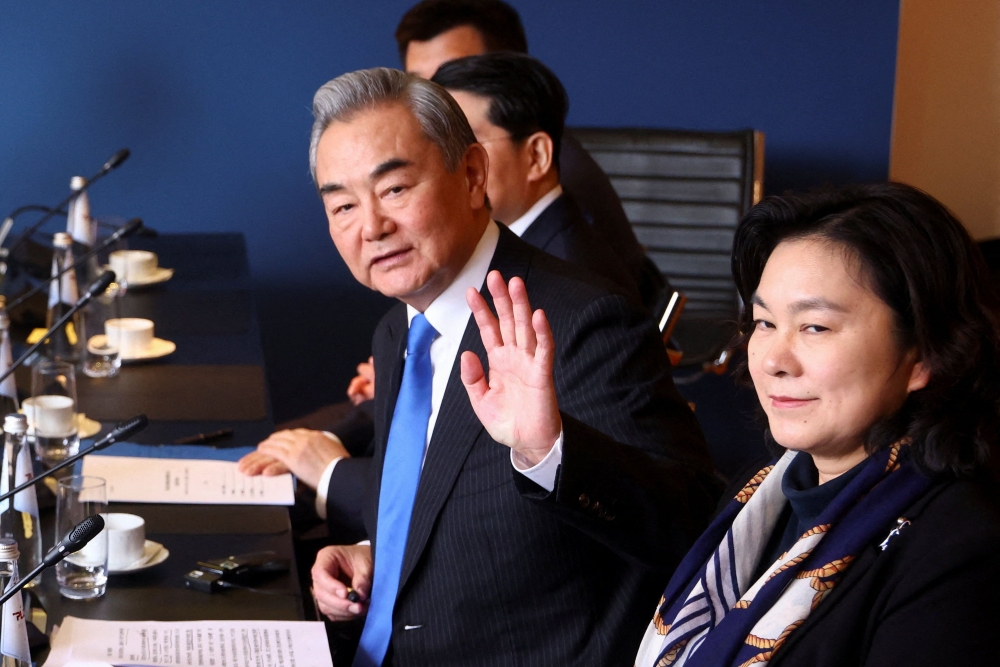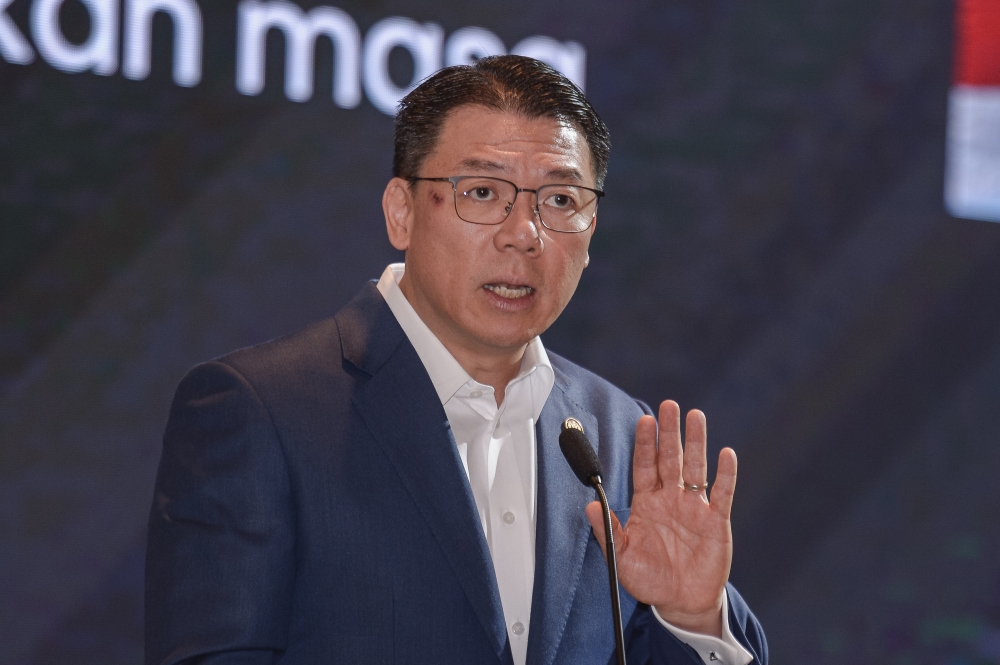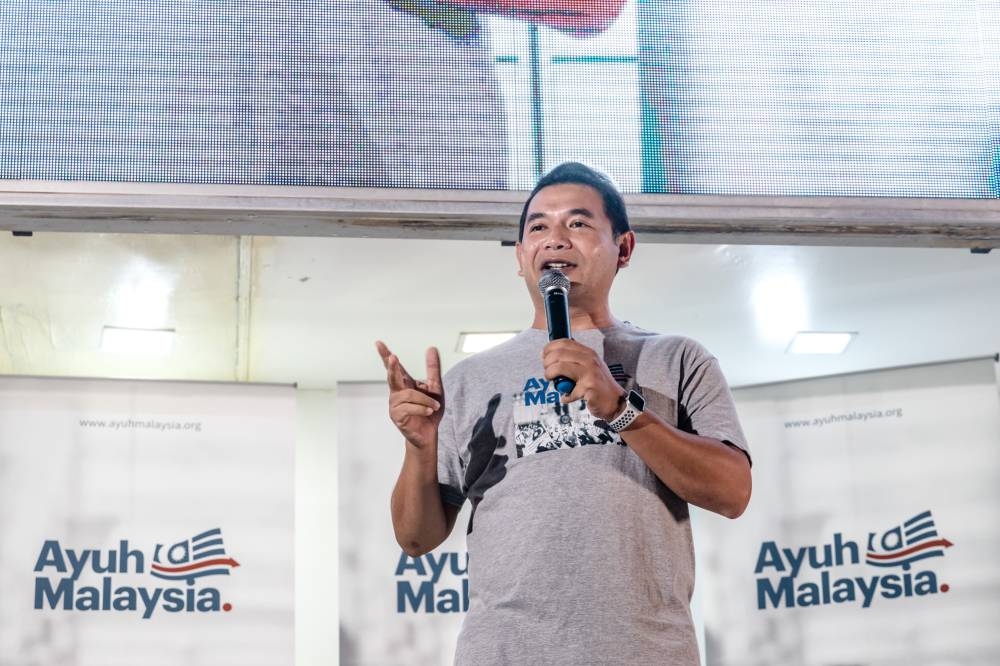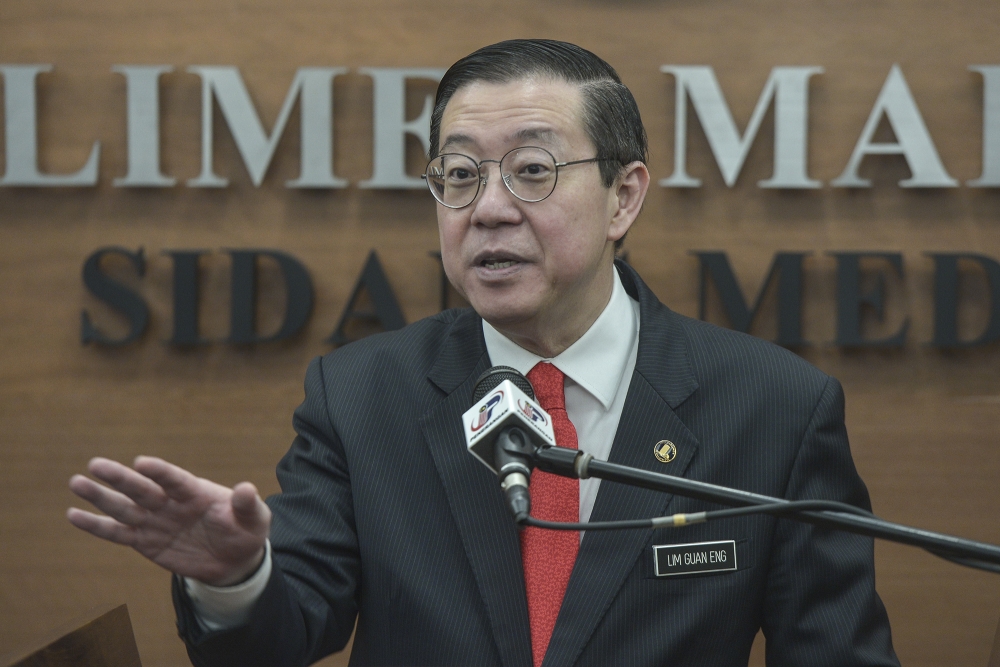KUALA LUMPUR, Aug 22 — PKR deputy president Rafizi Ramli claimed money for the littoral combat ship (LCS) project was funnelled into offshore companies owned by the wife of a former deputy minister.
Rafizi said, in a statement, he received this information from internal investigations into the LCS scandal and from cross-checking with the database of offshore companies in the Paradise Papers, a 2017 tranche of leaked confidential records related to offshore investments.
“My review shows that this scheme to divert public funds from the LCS project was made over many years and with full planning,” he said.
Besides that, he said that there were other defence contracts that the said deputy minister was involved in and that there were other projects outside of LCS involving companies linked to him.
He added that it would have been impossible for then Finance Minister Datuk Seri Najib Razak and then Defence Minister Datuk Seri Ahmad Zahid Hamidi to not have known about this as it occurred with projects that they both managed.
“I hope my revelation today shuts the mouths of Umno and Barisan Nasional members who tried to blame the navy retirees when this scandal exploded.
“A scandal of this magnitude cannot happen without a mastermind from the Umno leadership who made big decisions at that time, while the navy retirees only conspired to carry out the malpractices,” he said.
Last Thursday, Rafizi claimed that RM192 million had been funnelled from the LCS project to nonexistent, untraceable offshore accounts.
He also claimed to have sighted a report from an internal investigation by Boustead Heavy Industries Corporation Bhd which revealed how LCS subcontractors had paid €43.69 million, equivalent to RM210 million, based on invoices from a French firm, but payments went to a Malta-incorporated phoney firm instead.
“The modus operandi used is similar to the method used to steal 1MDB money. Fake companies are set up all over the world whose name is identical to a real company.
“The invoice is sent from one company, but the payment instructions are for the invoice to be paid to an account registered under a company whose name is almost the same but a different company,” Rafizi said.



















